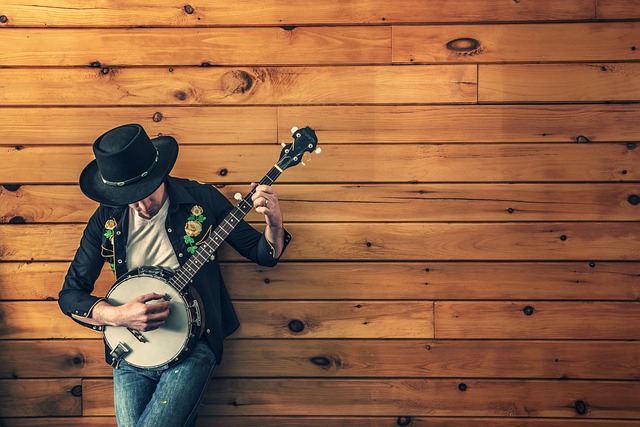Music is a universal language that transcends borders and unites people across cultures. From ancient civilizations to modern societies, music pix paga has played a crucial role in human life, serving various purposes from entertainment to ritualistic and therapeutic functions. Its influence is profound, shaping emotions, thoughts, and behaviors.
Cultural Significance
Every culture has its unique musical traditions, reflecting its values, beliefs, and history. These traditions are passed down from generation to generation, preserving cultural identity and providing a sense of belonging. Music is often used in celebrations, ceremonies, and rituals, serving as a medium to express joy, sorrow, and reverence.
Emotional Impact
One of the most powerful aspects of music is its ability to evoke emotions. A sad melody can bring tears to our eyes, while an upbeat rhythm can make us dance with joy. Music has the power to heal emotional wounds, uplift spirits, and create a sense of unity among listeners. It has been used therapeutically to treat various mental health issues, such as depression, anxiety, and PTSD.
Social Connection
Music has a unique ability to connect people. Whether through singing, dancing, or playing instruments together, music creates bonds between individuals and communities. It can be a form of communication that transcends language barriers, allowing people to connect on a deeper level.
Innovation and Creativity
Music has been a driving force behind innovation and creativity throughout history. From the invention of new instruments to the creation of new genres and styles, musicians have constantly pushed the boundaries of what is possible. Music has also inspired other art forms, such as dance, literature, and visual arts, leading to a rich tapestry of cultural expression.
